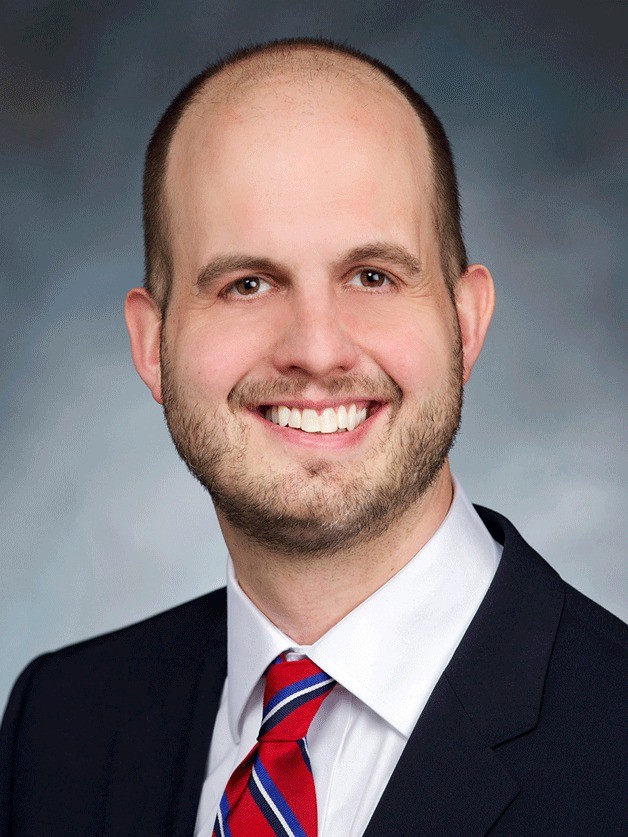OLYMPIA — A bill by Rep. Drew Hansen to make colleges reach out directly to high-achieving, low-income high schoolers won approval in the state House Friday.
It was the third of three higher-education measures from the 23rd District lawmaker that made the grade this week.
“One of our fundamental values in this country is that every kid should have the opportunity to succeed — and nowhere is that more important than in the choice of where to go to college,” Hansen said on the House floor in support of his House Bill 2694.
HB 2694 calls for the state to mail information about public and private colleges — including financial aid information and application fee waivers — to high-achieving, low-income high school students.
It was modeled after a program that proved successful elsewhere and produced dramatic results; students who received the mailers applied to 20 percent more colleges and were 30 percent more likely to gain admission to a selective institution.
The bill found strong bipartisan support and was approved 81-15.
“I actually love this bill,” Rep. Chad Magendanz, R-Issaquah, told his colleagues. “We talk about the achievement gap and the opportunity gap, and here is a great opportunity to narrow both. All too often kids don’t achieve because they don’t take advantage of existing opportunities.”
Republican Rep. Jesse Young of Gig Harbor also supported the bill.
“To empower these kids with knowledge and to empower them with opportunity will set them on a path to success for the rest of their lives,” Young said.
The bill now heads to the Senate.
Two other higher-education measures by Hansen, a Bainbridge Island Democrat, were advanced to the Senate by the House earlier this week. They are:
• House Bill 2651, which requires state universities and colleges, including community colleges, to provide information about their income and spending on a public website for review by parents and students considering schools.
Included among income categories would be tuition, state support, gifts, and revenue from athletics; spending categories would include instruction, research, student services, administration and athletics.
• House Bill 2612, which strengthens administration of investments by the Opportunity Scholarship Program to provide financial aid for low- and middle-income college students studying in science, technology, engineering or math.
The program receives support from public and private contributions.



